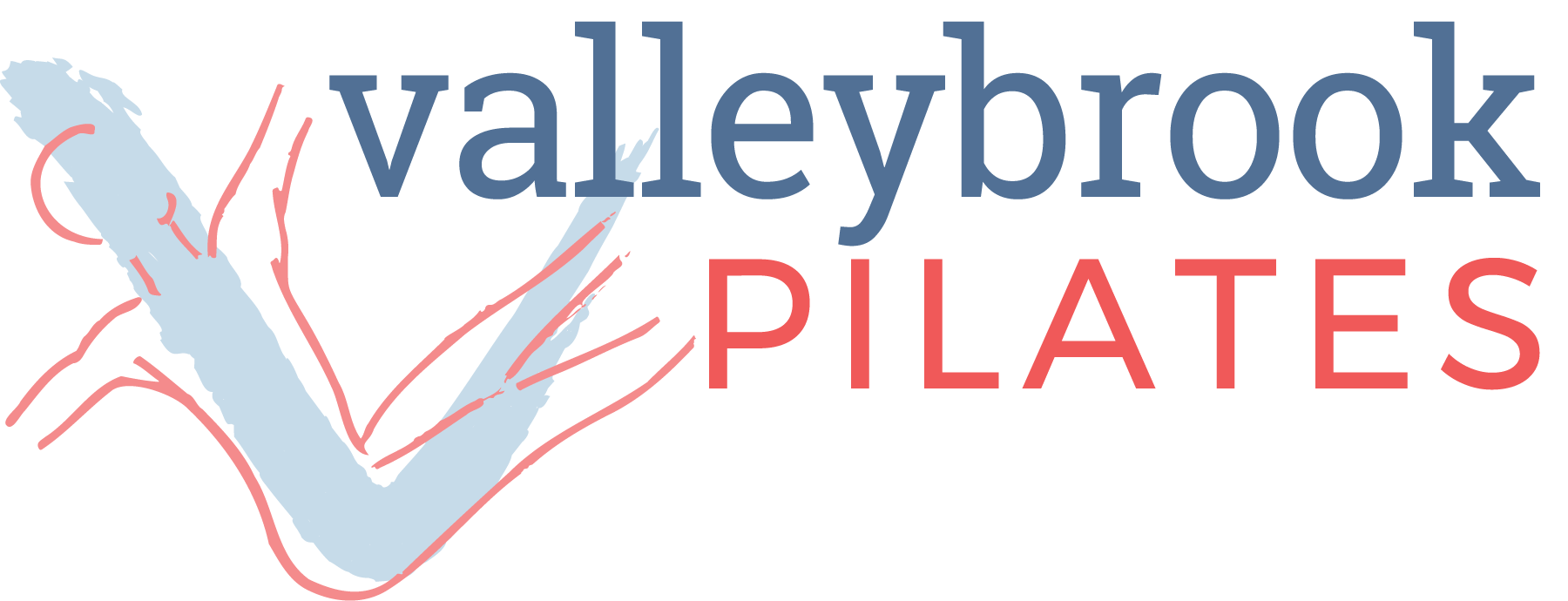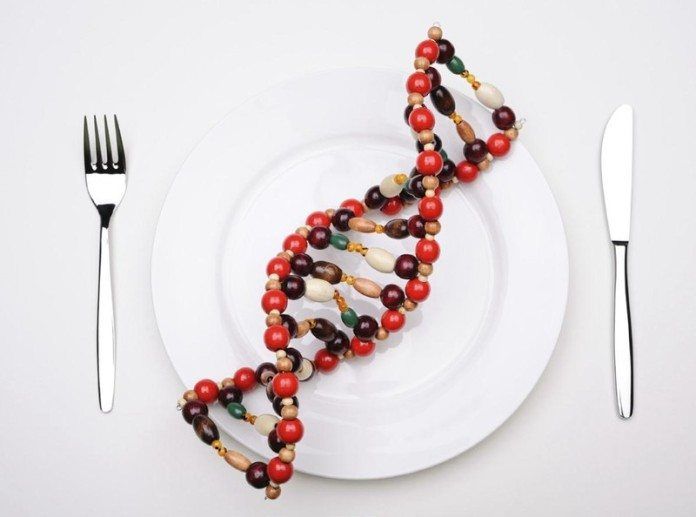It seems as though a new diet hits the market every other week. Needless to say, wading through the endless sea of high-protein, low-carb, and everything in between can be exhausting. But the reason we have all these endless options is due to our genetic and environmental individuality, thus, different diets work for different people. Consequently, finding an ideal diet and exercise routine usually involves a lot of trial and error.
Aspirations of weight loss continue to pervade Americans New Year’s resolutions year after year. 68 percent of Americans are overweight or obese as of 2010, according to the Centers for Disease Control and Prevention. Gaining weight is the result of chronic positive energy balance involving two primary factors — eating more calories (input) than your body can burn off (expenditure). However, this simple equation of “energy in versus energy out” is not as streamlined as healthcare professionals once thought. There are many other factors that affect metabolism and hormone balance which contribute to the overweight and obesity epidemic. One novel area that researchers have investigated is genetic makeup. As a result, several companies have begun providing genetic tests designed to increase weight-loss success.
While genetic testing is no one-stop solution for gaining or losing weight, research into the genetic testing to personalize diet and fitness programs for weight loss can be advantageous. In a study conducted by Stanford University researchers, participants who were on genotype-appropriate diets shed 5.3 percent of their body weight. However, those who were on diets not matched to their genotype lost only 2.3 percent of their body weight.
According to this research, the results of the test were even more striking when taking into account the popular diets participants were following, which were the low-carbohydrate Atkins diet and the low-fat Ornish diet. Participants whose genotypes matched the diet lost 6.8 percent body weight; while those whose genotypes did not match the diet lost only 1.4 percent. Genetic testing can reveal whether a high protein or low-fat diet is more beneficial for you in losing weight.
Despite these promising results, DNA based nutritional counseling is a complex process. Simply submitting your saliva to a lab for analysis is the easy part. Figuring out what to do with your results can be a lot trickier. It’s important to have guidance and support from a qualified healthcare professional, such as a Registered Dietitian Nutritionist to help you understand and establish the most appropriate plan of action for weight loss. Knowing which type of diet will be most effective can be the difference in spinning the diet wheel through trial and error, or doing what is exactly what your body needs to achieve your goals.


